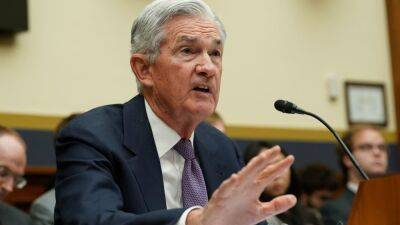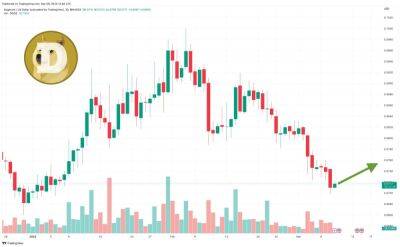The Guardian view on economic comparisons: Poland’s rise is not about our faults
W hen the Treaty of Rome was signed in 1957 by the six nations that founded the European Economic Community, Italy was by far the poorest member. This was a boon not a burden. With a low-cost, high-quality manufacturing base and falling tariffs within the bloc, Italy became a European industrial player. Cash from Brussels helped to power the economy but so did farm workers moving to find work in factories. By 1987 Italy had il sorpasso, the moment when it celebrated overtaking Britain in terms of per capita income. Yet in 2021, Italian GDP per head was roughly 10% below the UK.
Economic catch-up is easier than staying ahead of the pack. This ought to deter politicians from reading too much into growth rates. Yet that is what Sir Keir Starmer attempted with his warning that Britain could soon be “overtaken by Poland”. Sir Keir imagined British voters would be humiliated by finding themselves being notionally poorer than those in a former Communist state. But the Labour leader exposed a neurosis that grips him perhaps more tightly than the public.
Growth is important, but it may not be what really matters to people. Neither do they see, in one country’s rise, their own nation’s faults. In some ways, Poles have never had it so good. But Poland is, on 2021 figures, only on a par with Portugal, at half US income per head. Britain and France are about 70% of the US figure, while Germany has reached 80%. The pattern of Polish development has been dirty. The World Bank says that 36 of the 50 most polluted European cities are in Poland, while the spoils of growth are not shared equally. All income groups gained from the post-1989 transition, but the top 1% sucked up almost a quarter of all the benefits while the bottom half of
Read more on theguardian.com
















